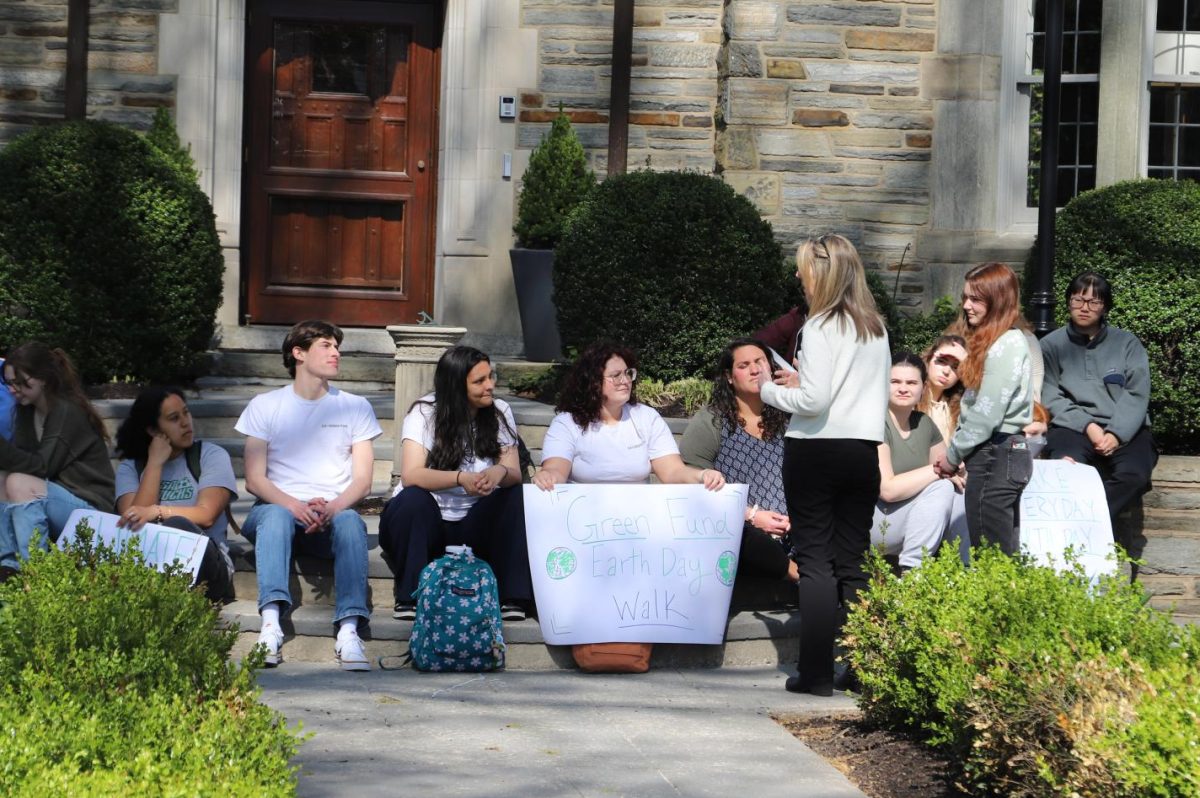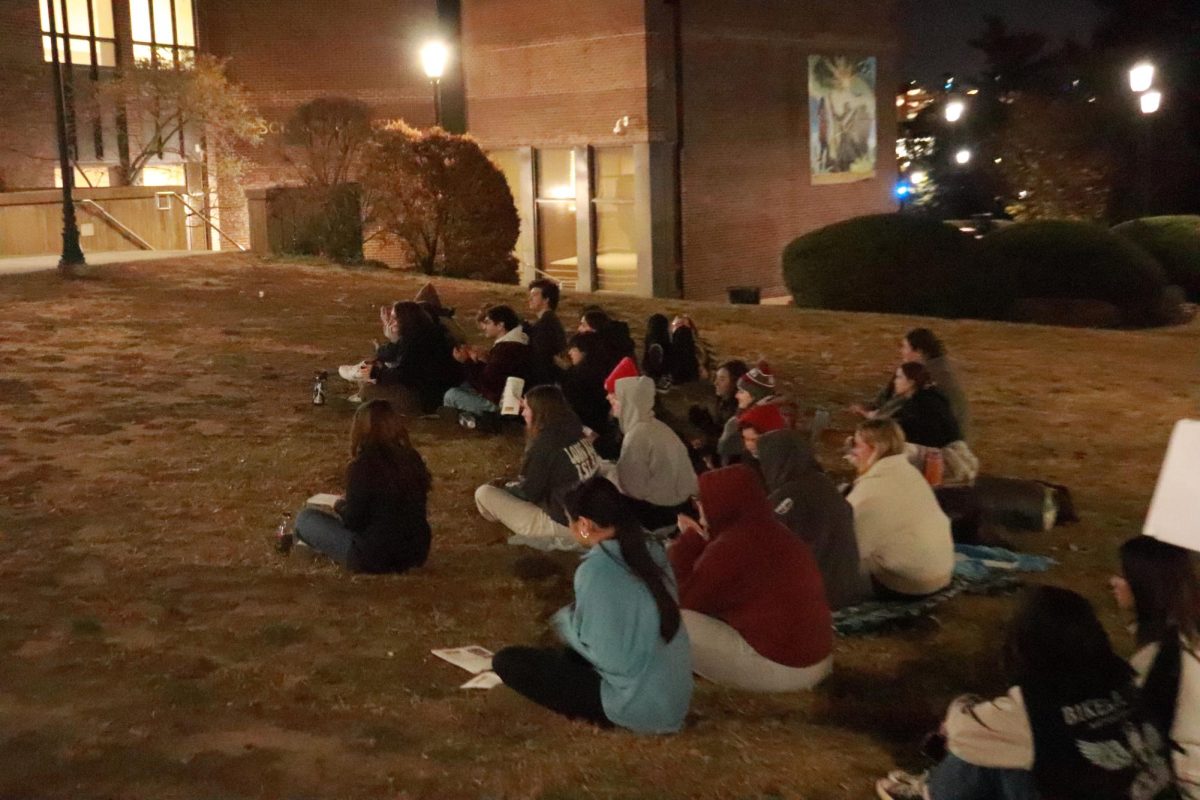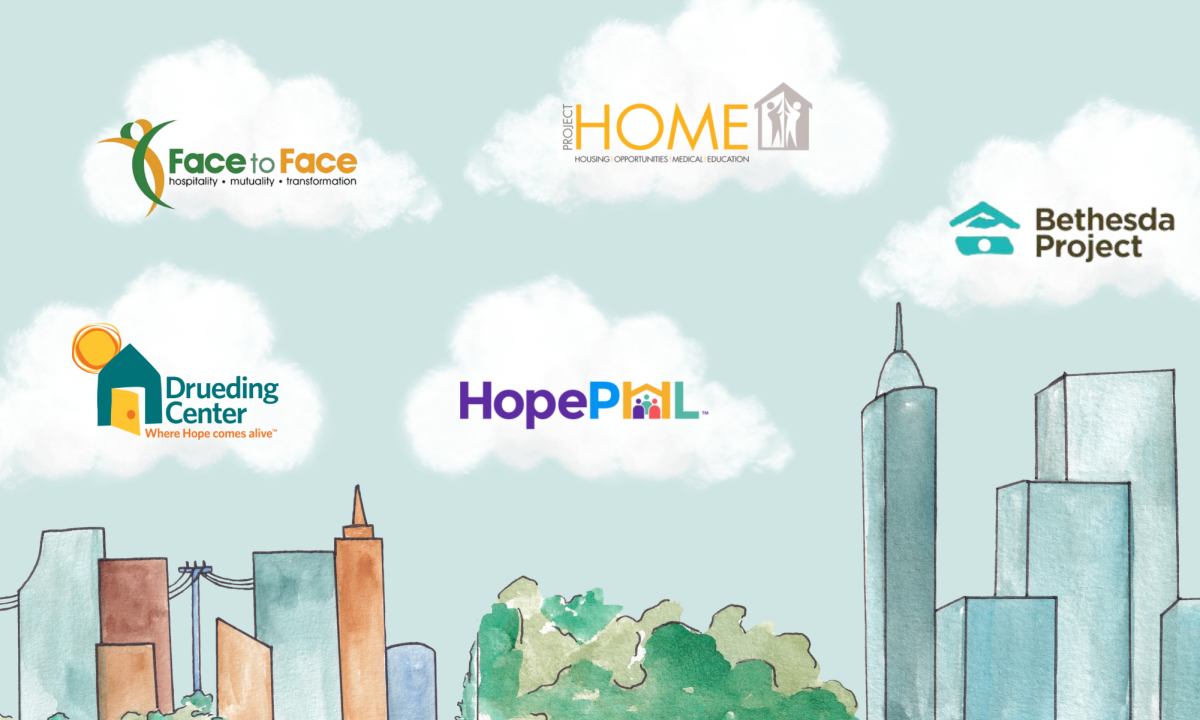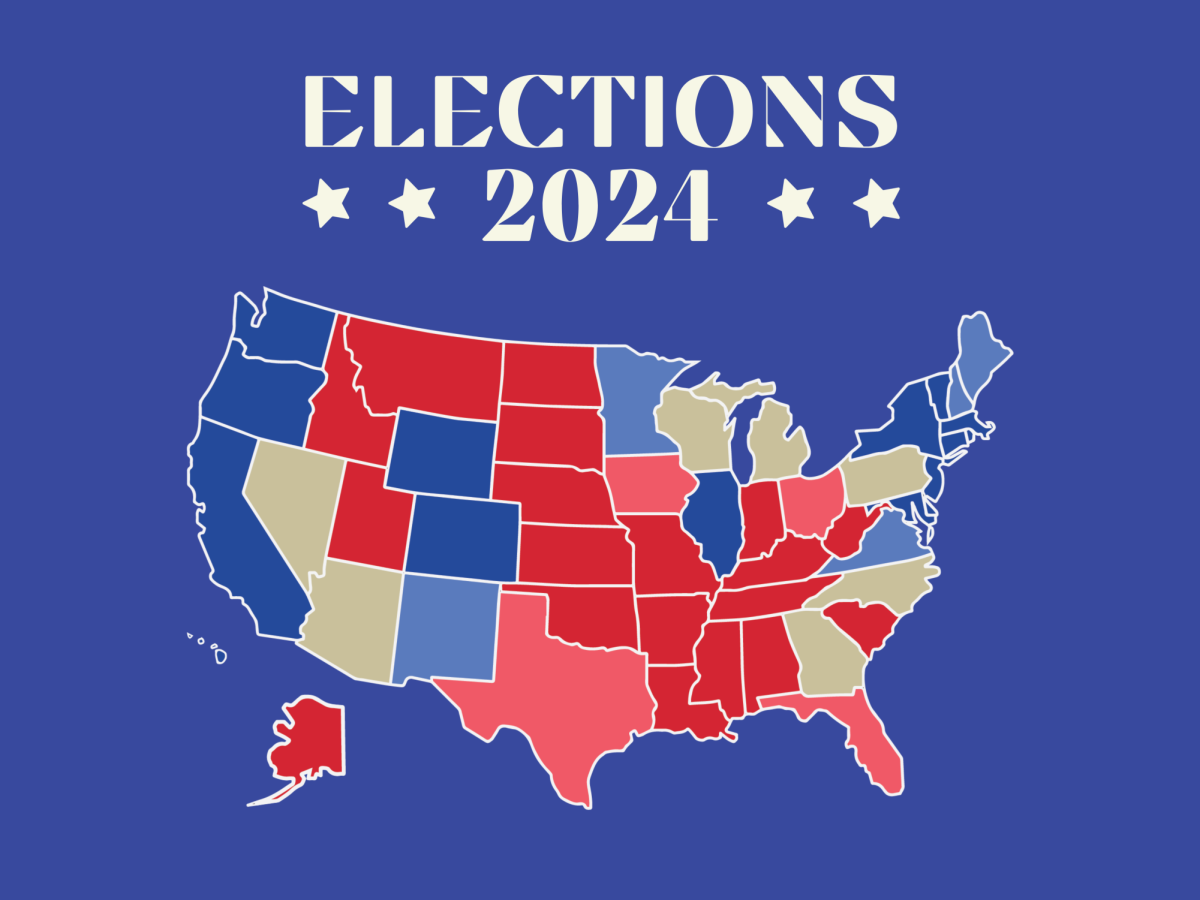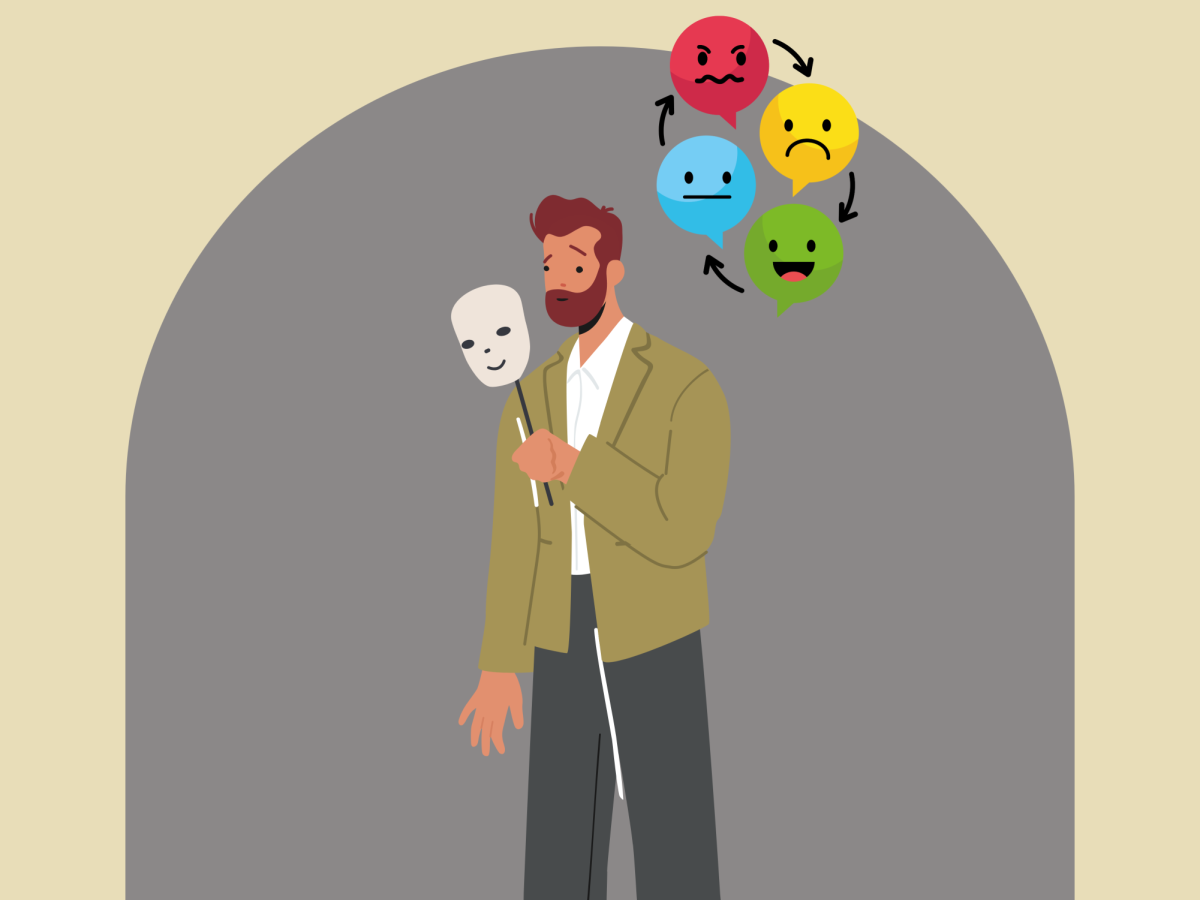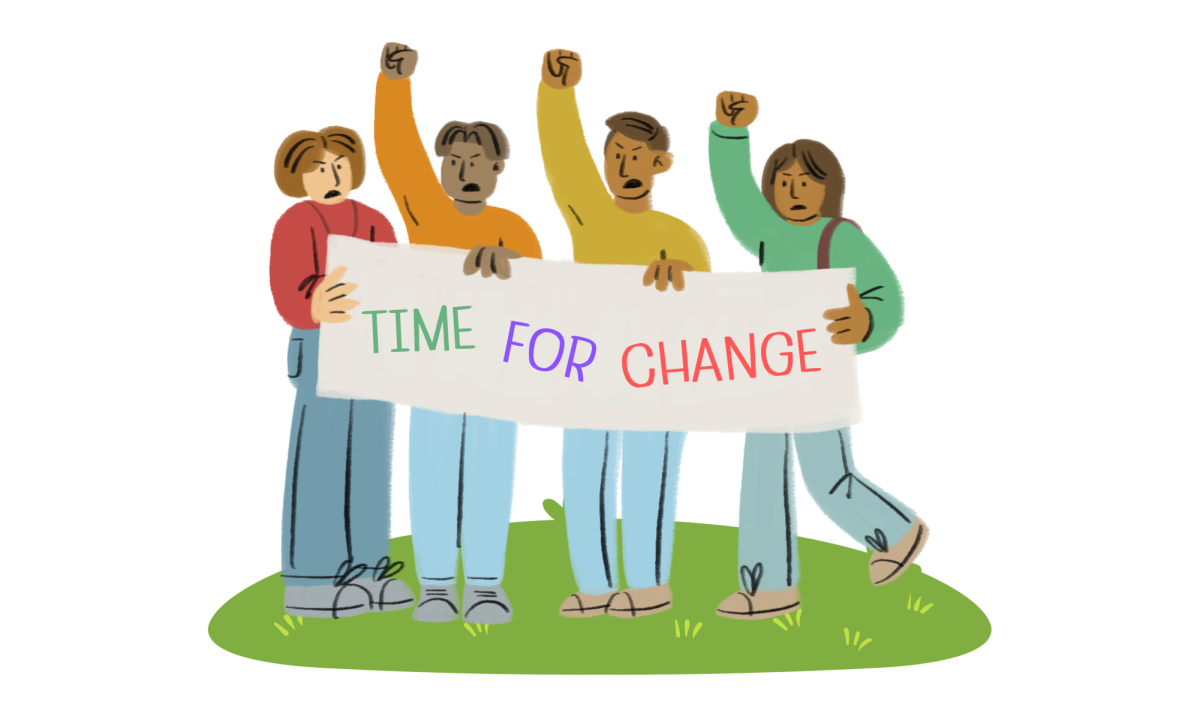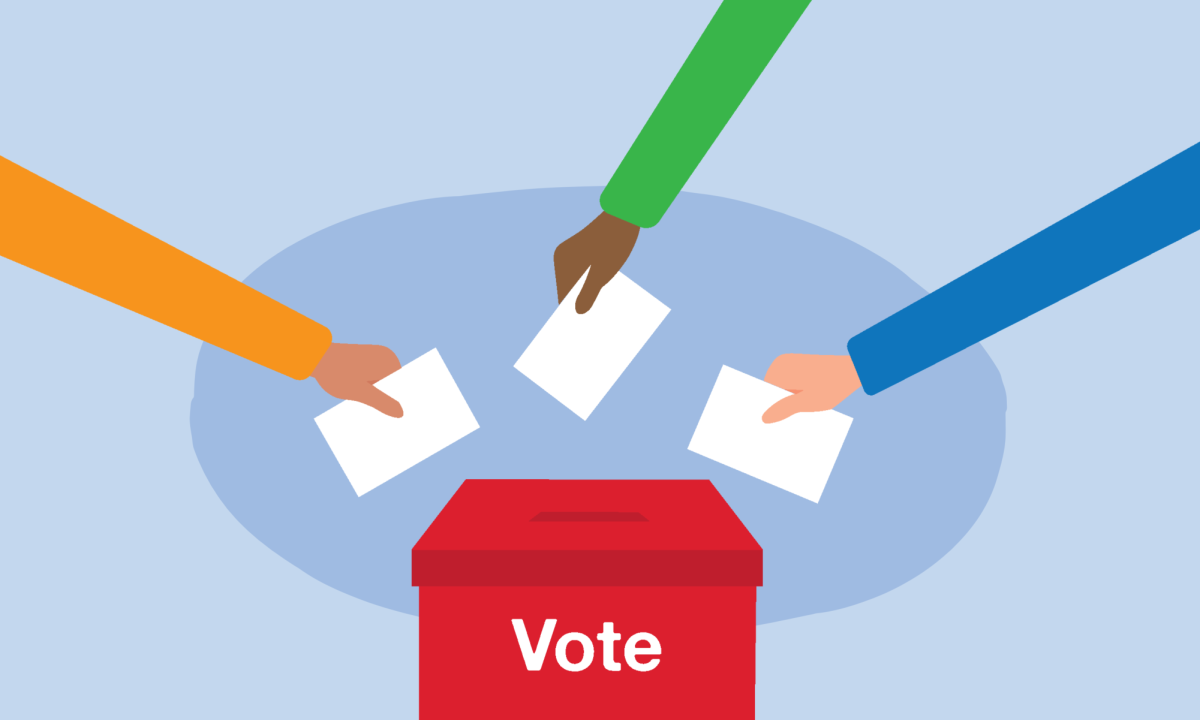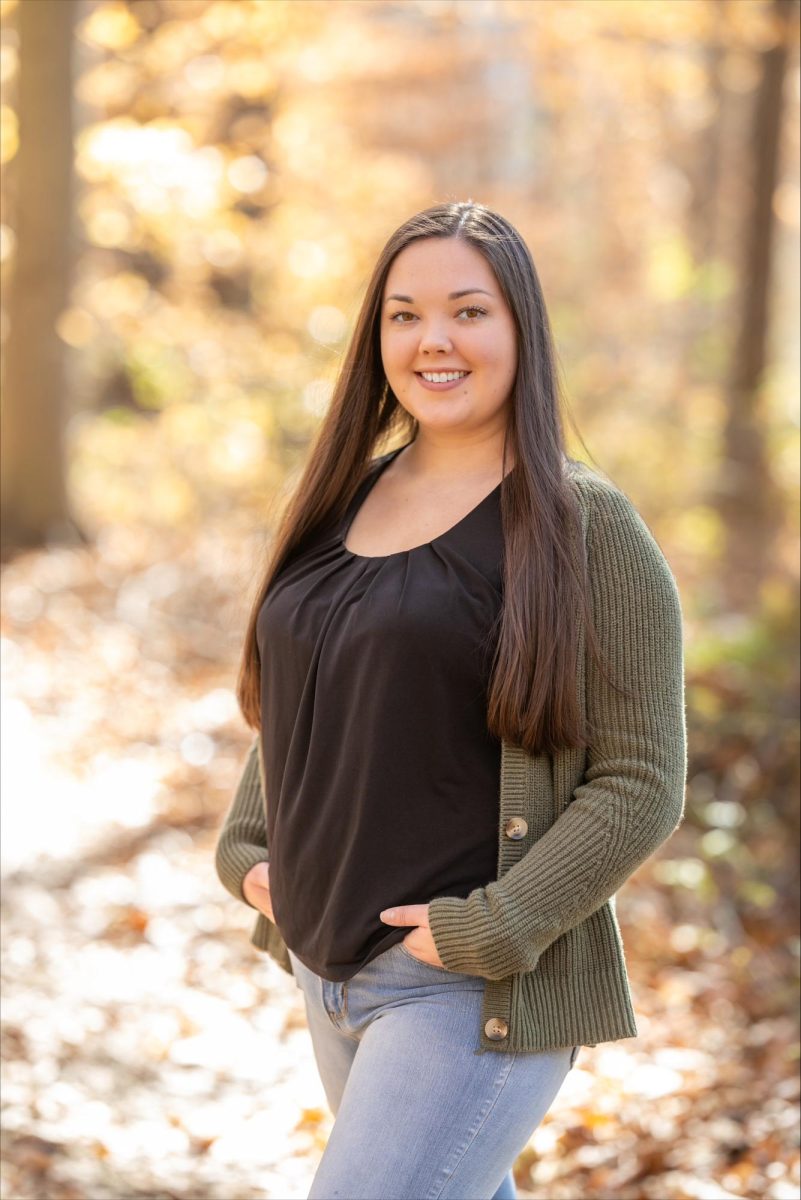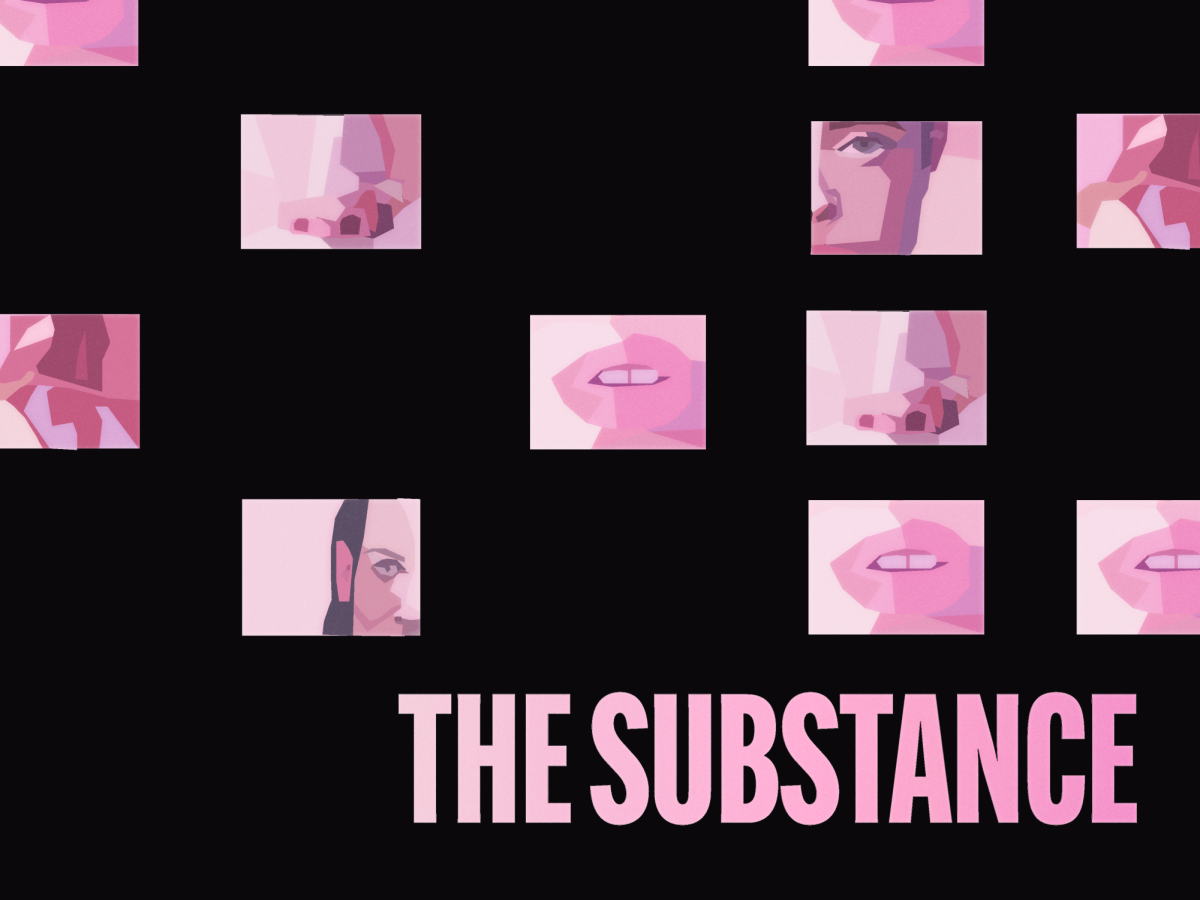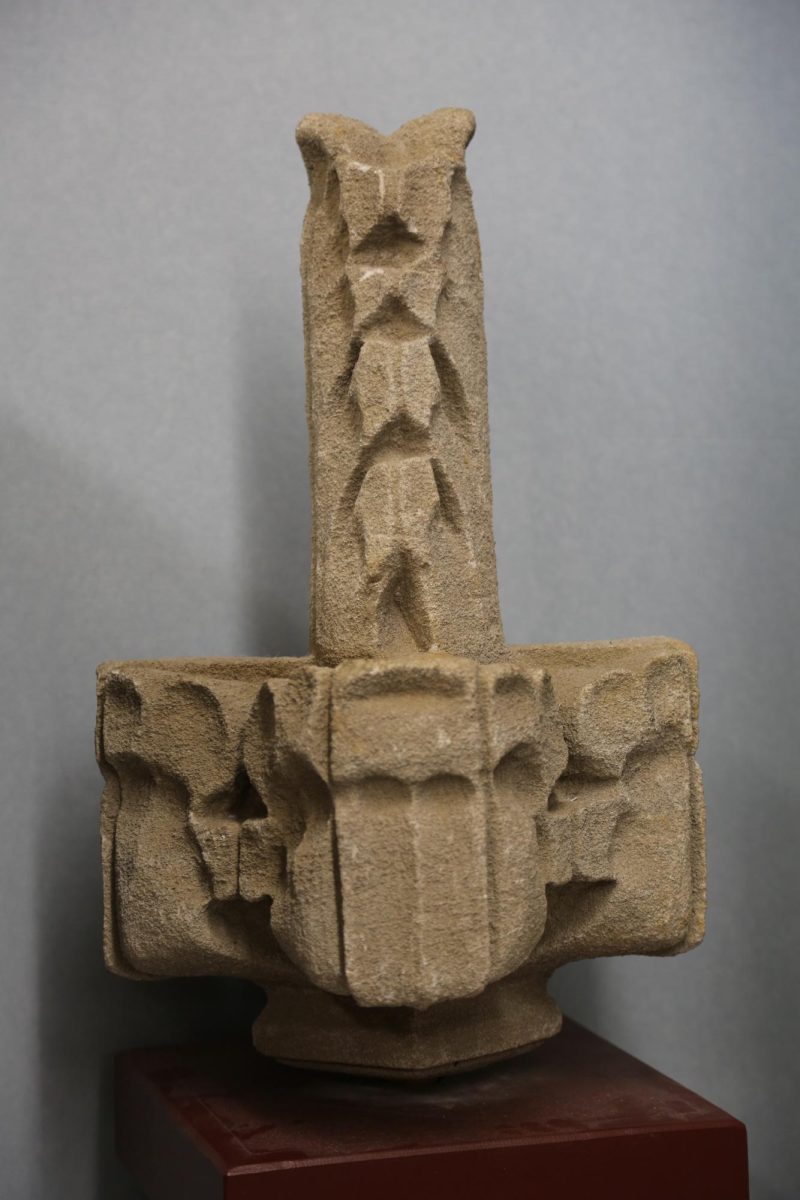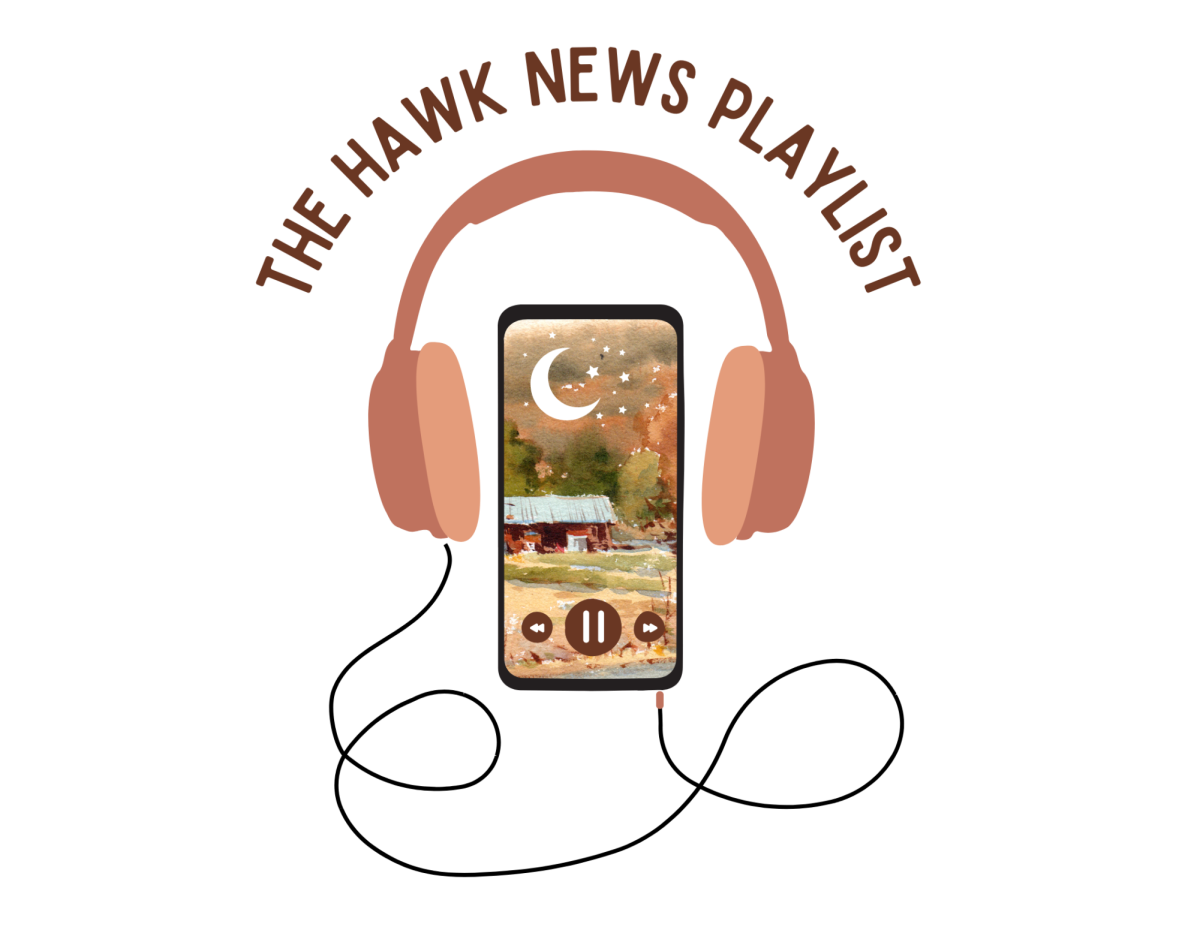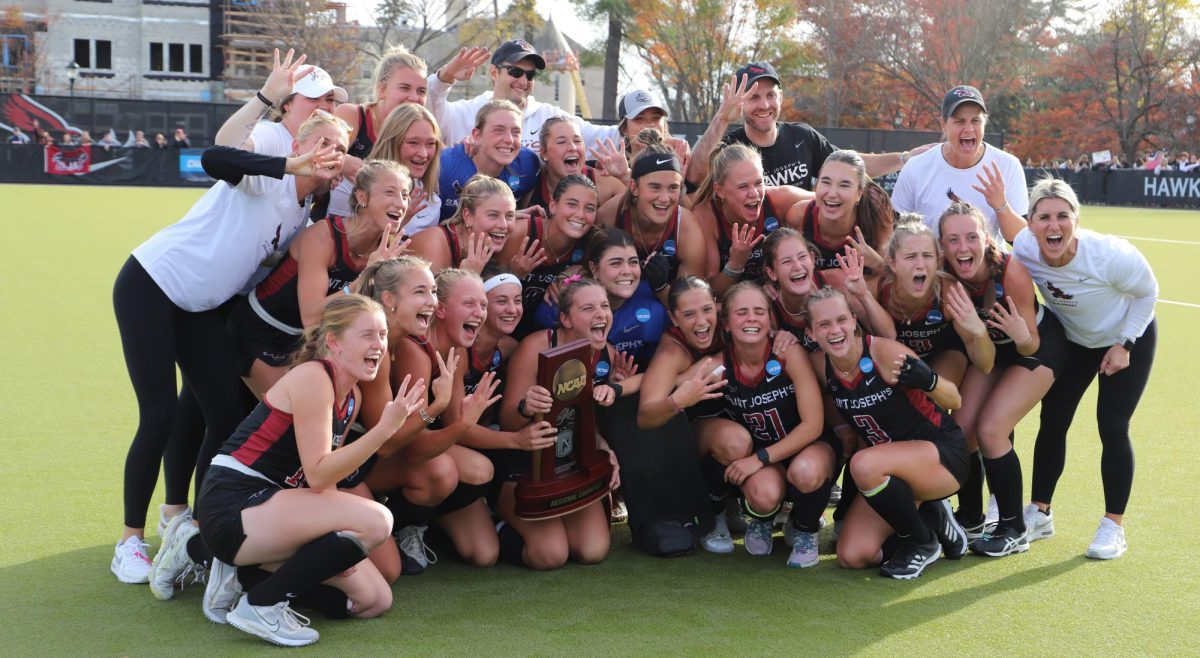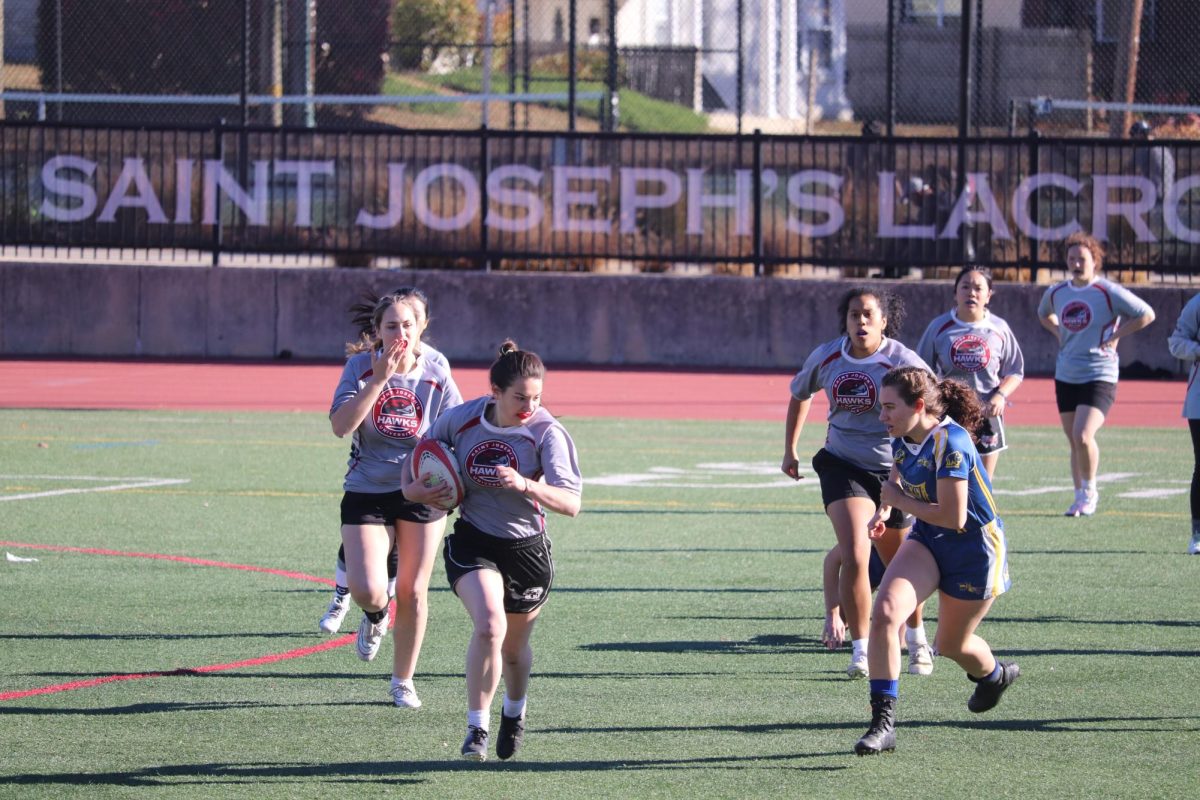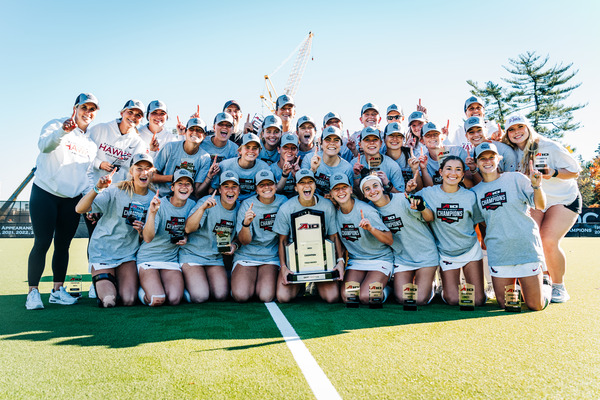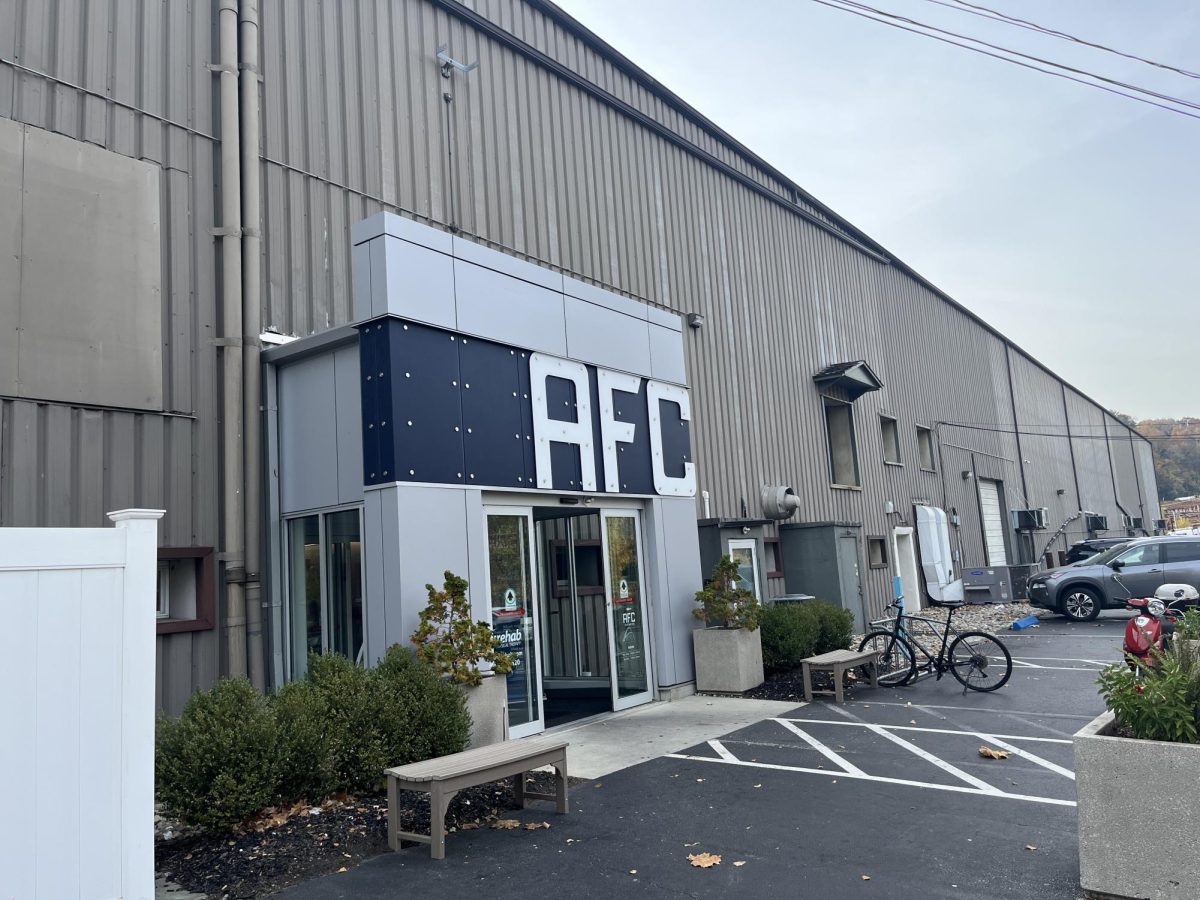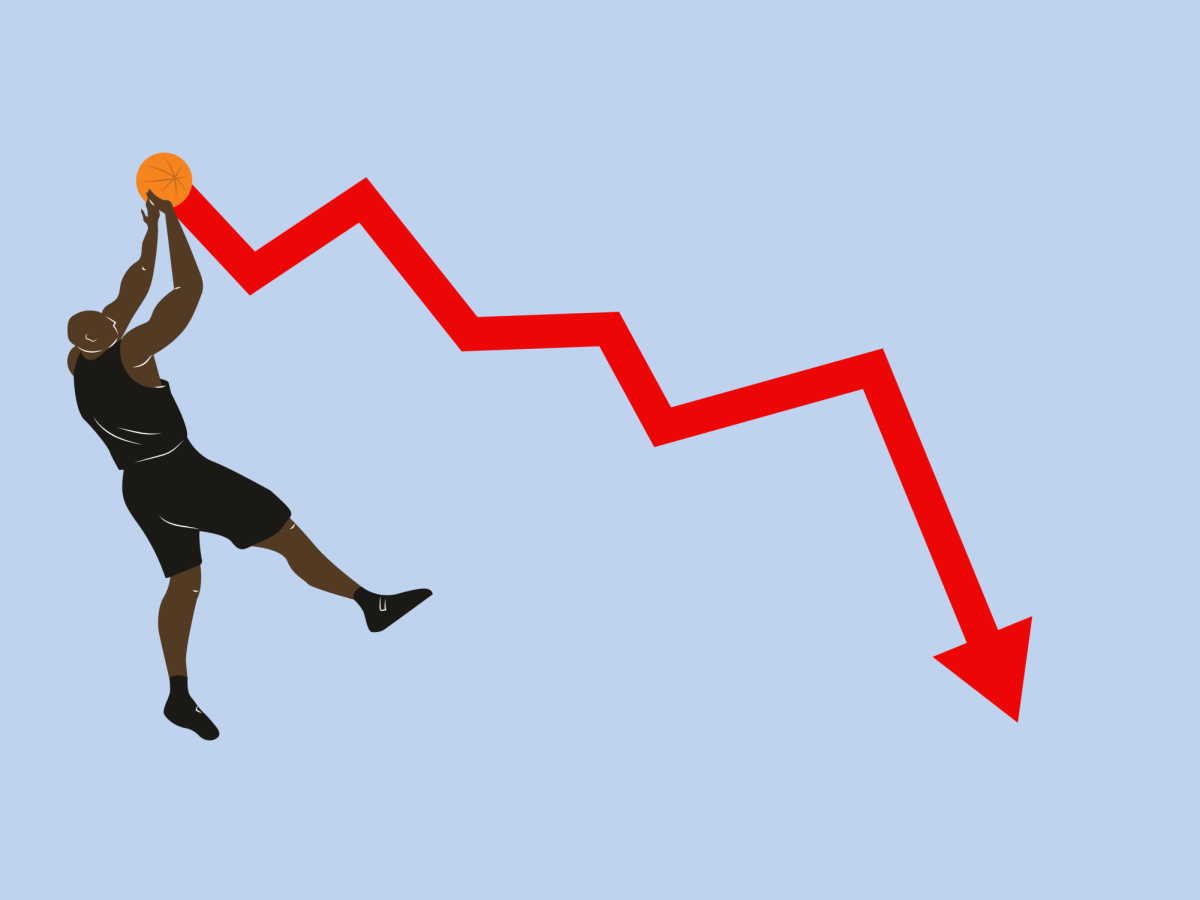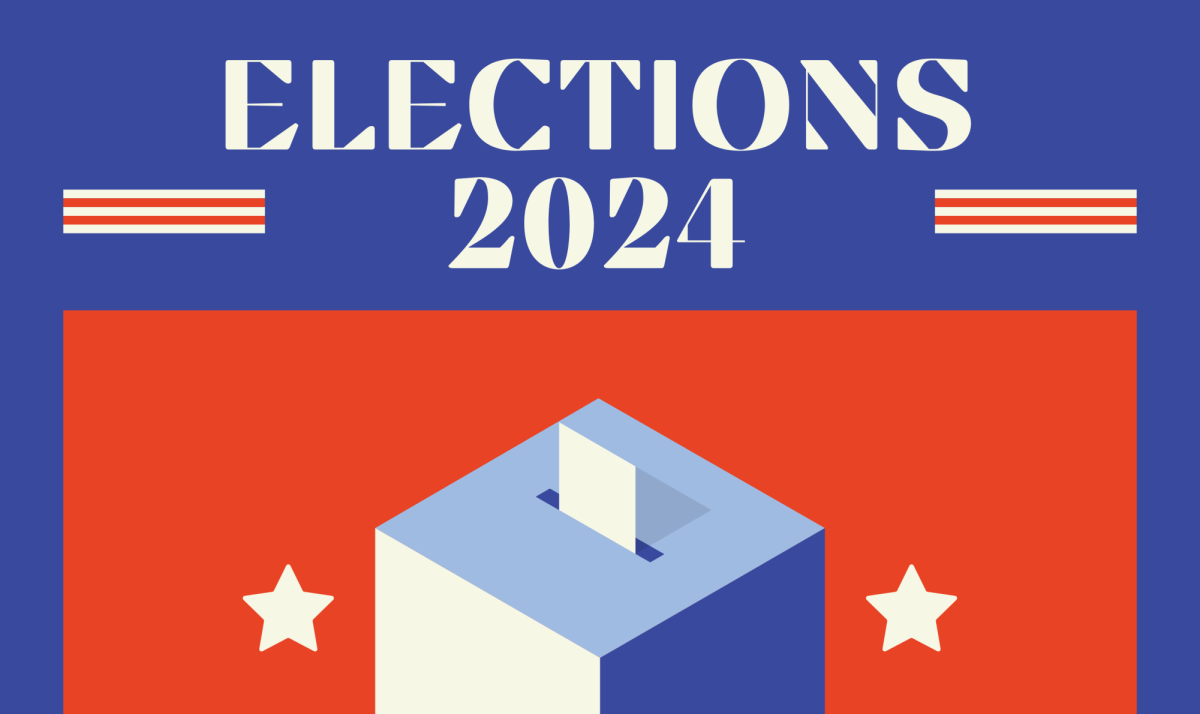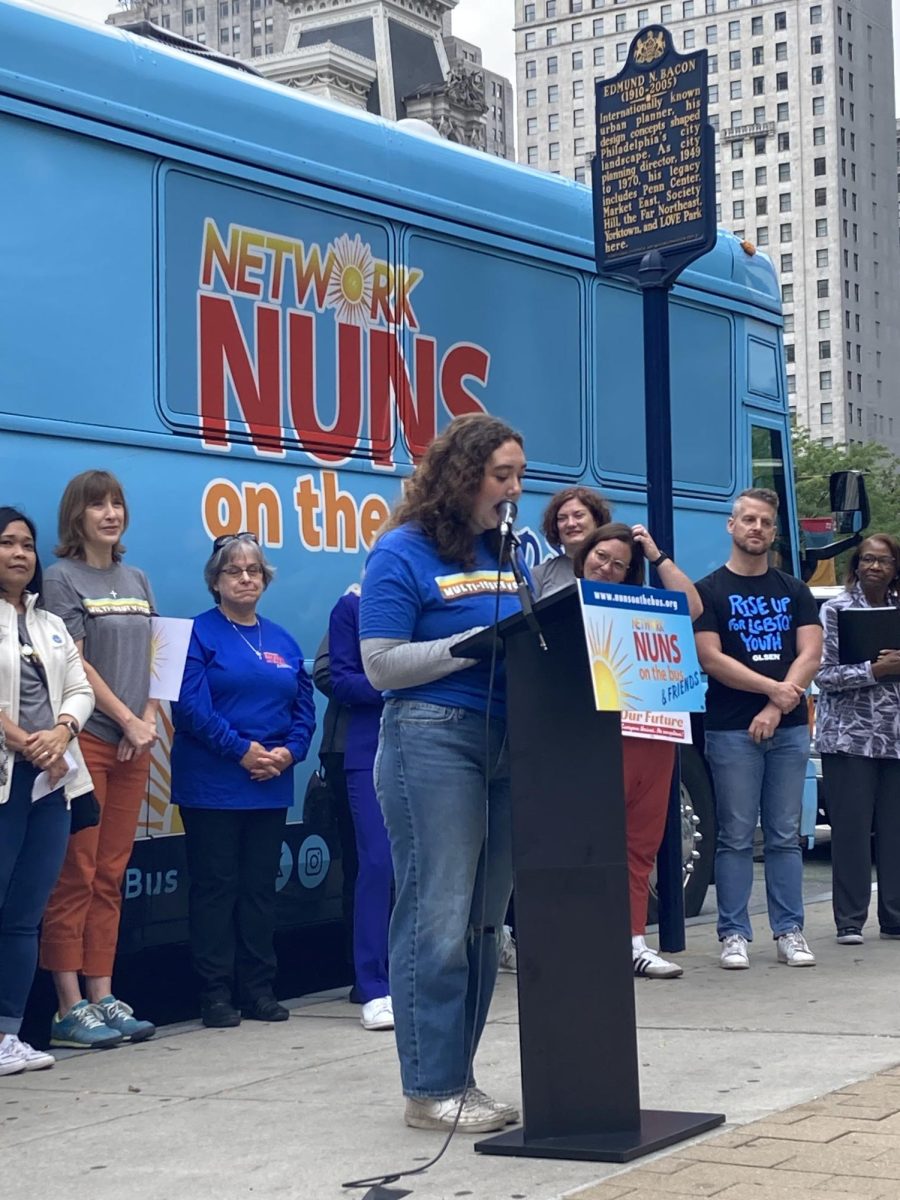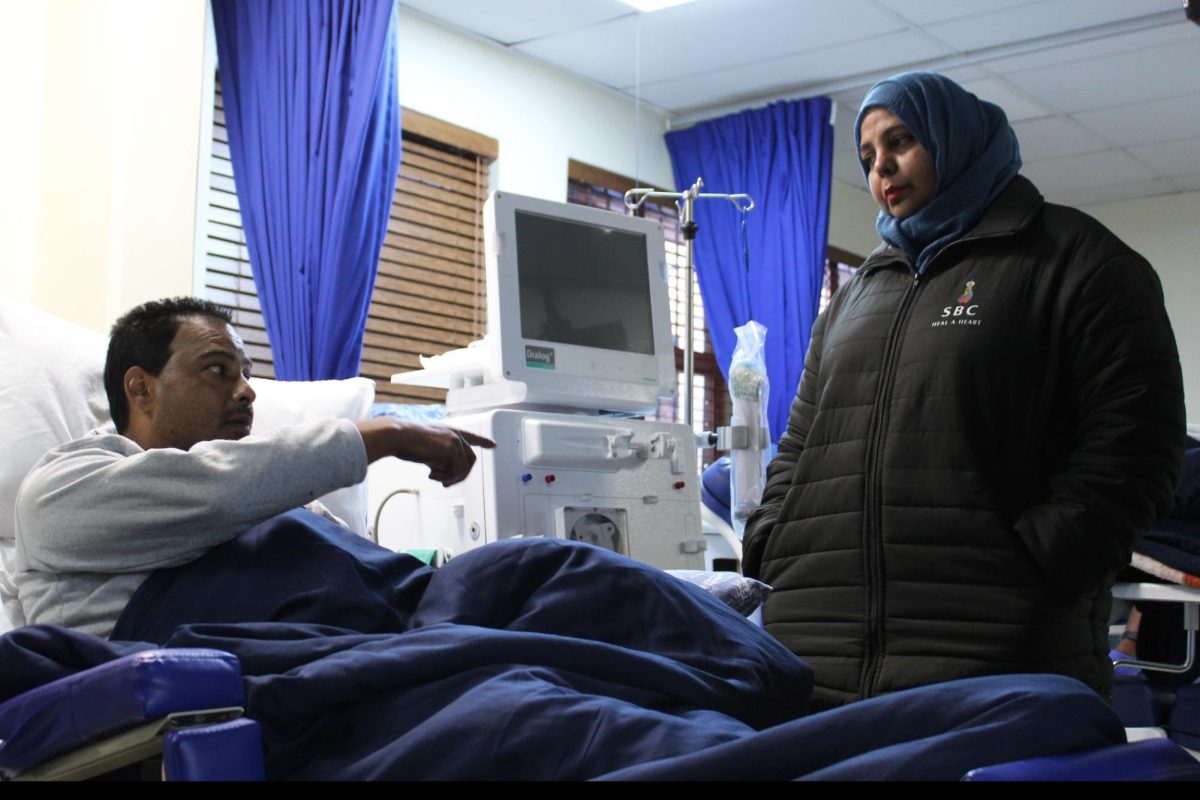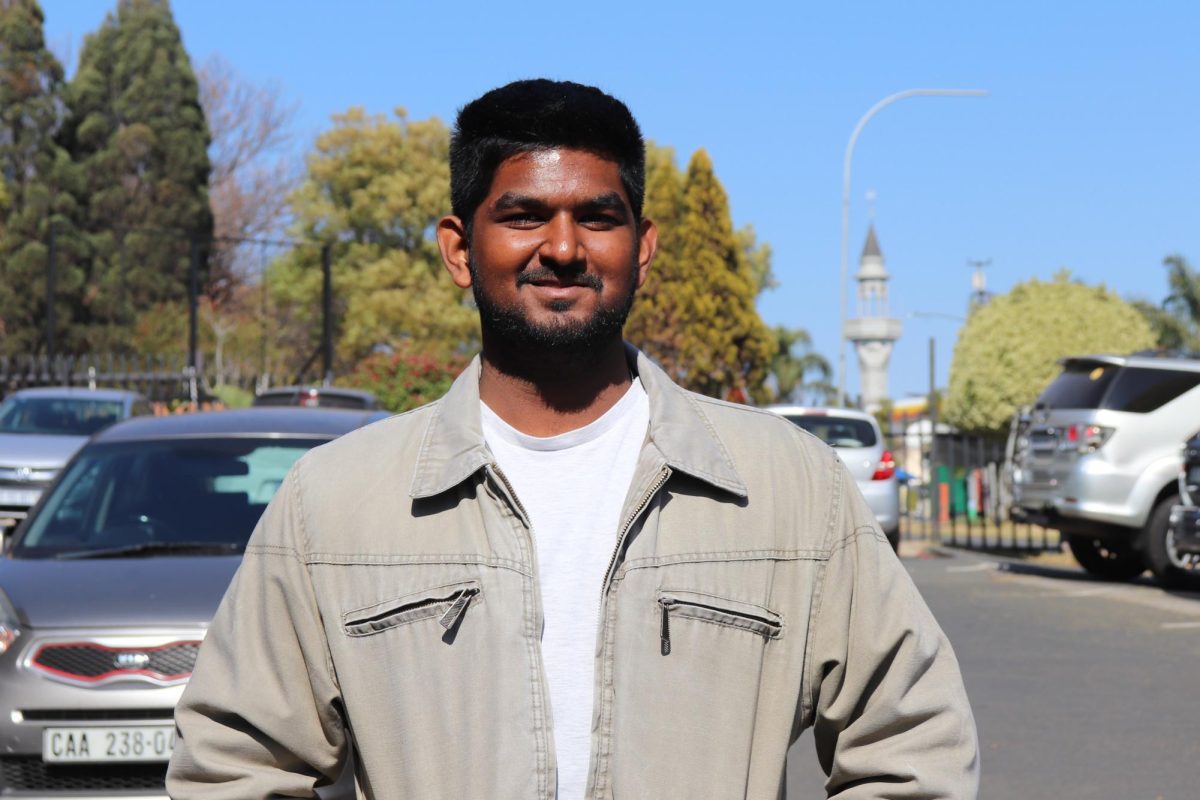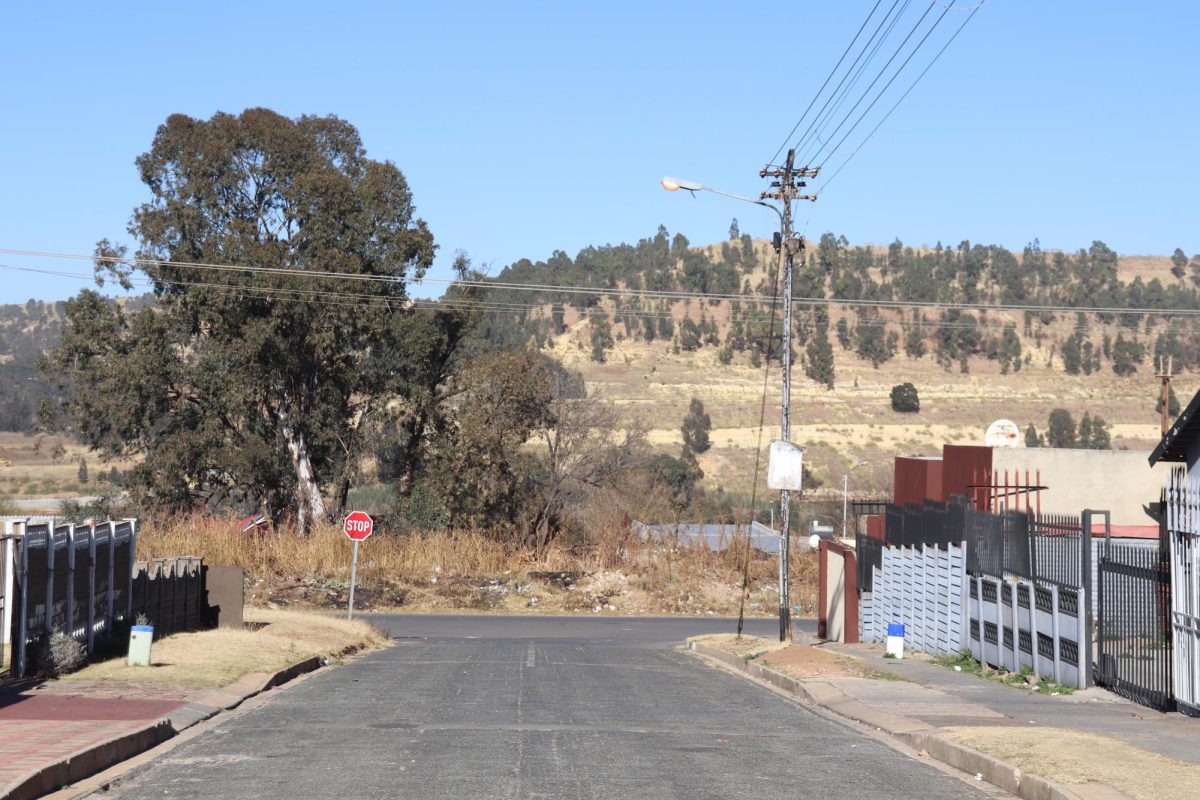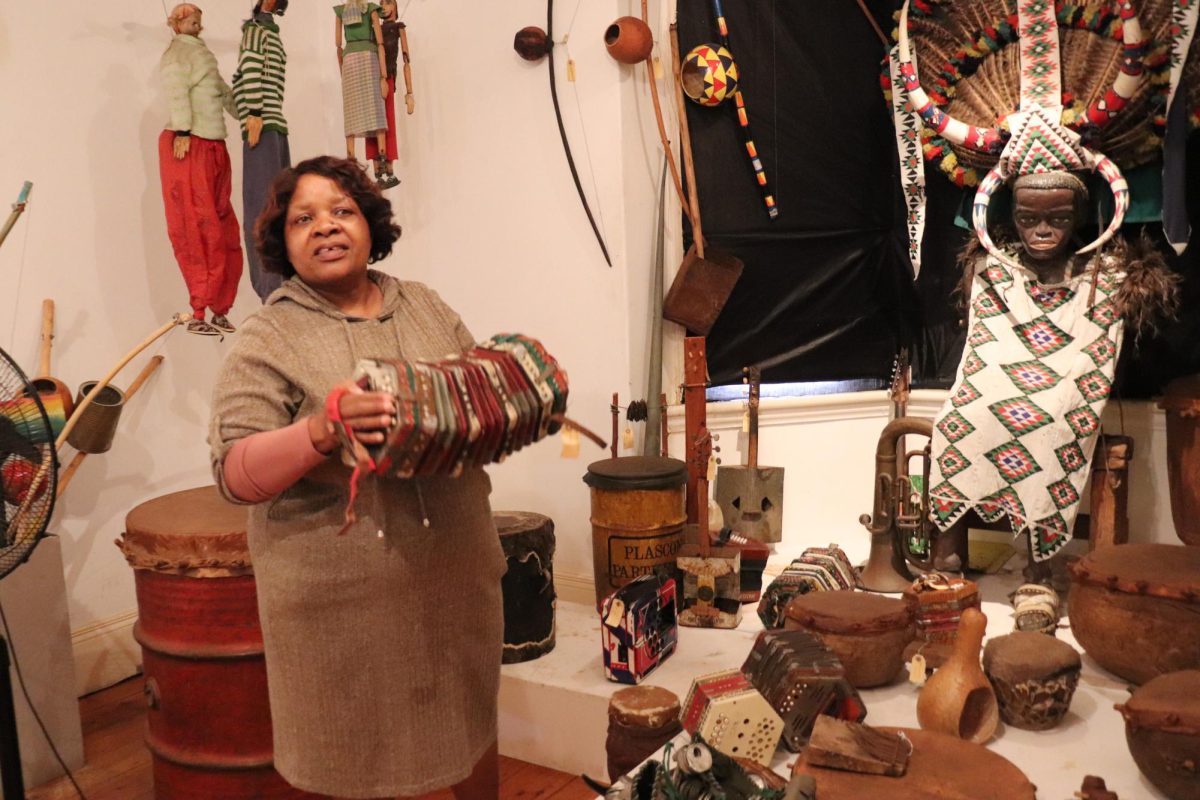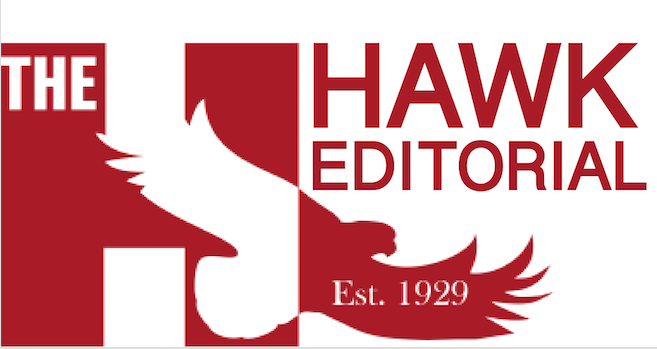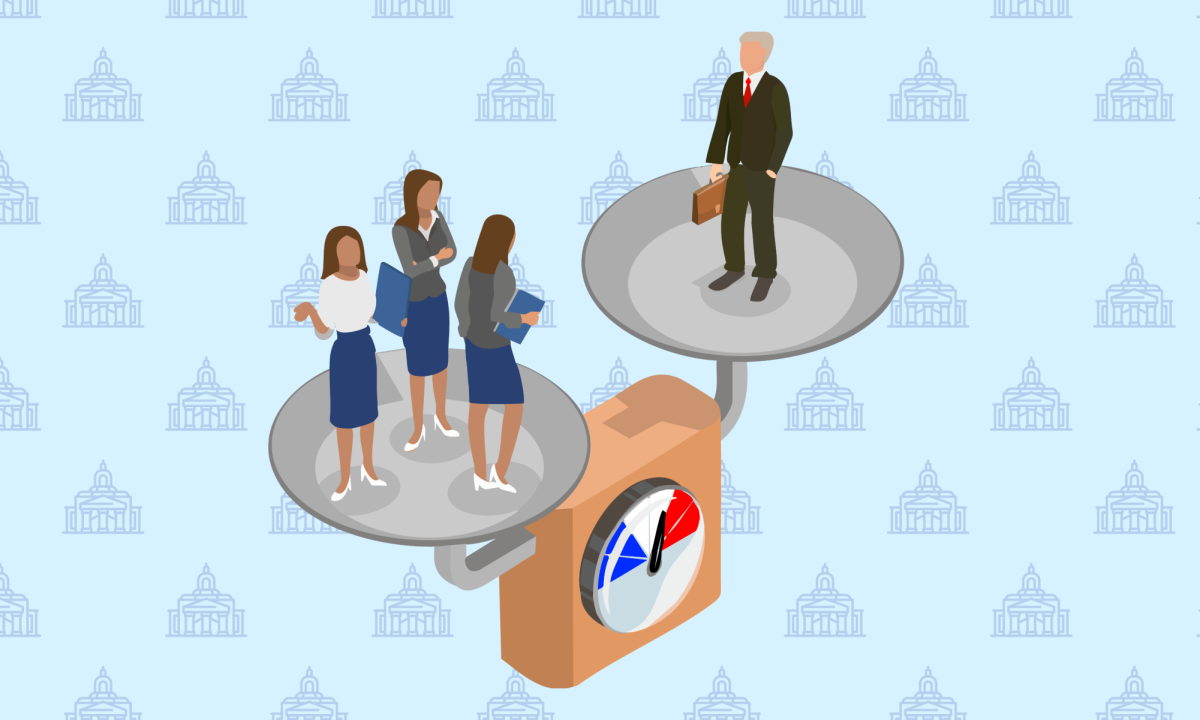Much of The Hawk’s reporting this year has centered on controversial administrative decision-making: the poor handling of last semester’s “racial bias incident,” the abrupt firing of former men’s basketball head coach Phil Martelli, the lengthy search for a new chief diversity officer (previously an assistant provost for inclusion and diversity).
As with all news reporting, researching these events has required interviewing administrators who can speak to details of each individual situation. Yet time and time again this year, senior administrators have been difficult to reach during the reporting process or have withheld information in a way that has made it difficult for The Hawk to do its job.
The Hawk’s duty is to report, even if that information is something administrators would prefer to keep quiet.
When asked for information on a range of topics, from a follow-up on promised changes to policy, to an update on the search for a chief diversity officer, administrators have, in most cases, not been forthcoming with details.
This lack of participation on the part of university leadership has impacted the level of in-depth reporting that The Hawk has been able to do this year.
The reality of news reporting on a college campus is that there is information that only senior administrators can disclose. When they do not provide that information, there are limits to what newspapers are able to publish—which is likely the exact outcome administrators have in mind when they evade requests for quotes.
Anyone has the right to decline participation in a news story, and administrators have a right to disclose whatever information they wish about their decisions. However, students, faculty and staff also have a right to know what is happening on campus, even if it is does not favor the university’s public image.
This safeguarding of information from the top down at St. Joe’s means that a majority of the school’s population will consistently have to function unaware of how or why decisions are being made. An open exchange of information increases transparency and allows for increased feedback on what the university could be doing better, making St. Joe’s a more equitable place built by everyone who has stake in how it is run.
Administrators’ reluctance to provide information to The Hawk does not serve the best interests of those who live, study and work here. Rather, it aims only to protect the university’s decision-making from scrutiny.
Of course, The Hawk is fortunate that there are individuals who regularly participate in the news reporting process. for example the Faculty Senate president, the Director of Athletics and the Director of Student Leadership & Activities. We also frequently have support from the faculty and students here, for which we are very grateful.
But, according to the Student Press Law Center, there is a growing trend at universities of forwarding all student media requests for comment to a school’s communications office, allowing for an even more one-sided distribution of information from university leadership.
Last semester, reporters for The Hawk saw an increase in Office of Marketing and Communications personnel in interviews with senior administrators. On multiple occasions reporters were unaware that these individuals would be in the room.
We will not stop asking for more transparency. We will continue to ask for clear, unvarnished information from administrators so we can continue to serve our function as a news source for the St. Joe’s community.
The relationship between college newspapers and administrations should not be complicated by feelings of mistrust. Administrators make difficult decisions to ensure the upkeep and longevity of a school—newspapers report the details and consequences of those decisions.
The St. Joe’s community cannot shape the university if they are not adequately and fully informed through transparency from university decision-makers.
As the Washington Post’s motto goes, “Democracy Dies in Darkness.” When the truth is obfuscated, information is censorerd and facts are hidden, a community cannot grow. More importantly, a community definitely cannot look within and understand when actionable change is necessary. This does not just apply to the Post, it applies to The Hawk just the same, and we will not stop doing our job.
—The Editorial Board
This week’s Editorial Board is comprised of the Editor in Chief, Managing Editor, Copy Chief, Copy Editor, Opinions Editor, Assistant Opinions Editor, Editorial Page Editor, News Editor, Lifestyle Editor and Photo Editor. This editorial reflects the views of the Board and not the entire Hawk Staff.

